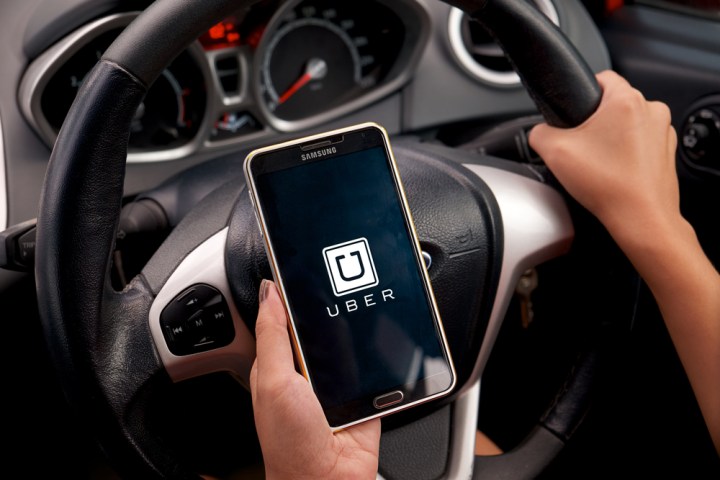
There will be at least two sets of cities involved in testing new driver monitoring systems. In each case, the drivers’ smartphones will be used both to collect and transmit the data and to report to the drivers.
In New York, Los Angeles, Chicago, and at least six other cities, drivers will receive reports after each trip on how smooth their driving was, including scores for acceleration and braking. If the drivers go over the speed limit, Uber will send an immediate alert, not waiting for the after-trip report. If that sounds Big Brother-ish to you, you’re not alone.
A separate test in unidentified cities will watch for drivers touching their cell phones while in motion. By using the phones’ internal gyroscopes Uber will be able to tell if drivers are sending text messages. Texting while driving is a safety concern. It’s also illegal in 46 states plus Washington, DC, Puerto Rico, Guam, and the U.S. Virgin Island, according to the National Conference of State Legislatures.
Many Uber drivers bristle over the fact that they’re considered independent contractors, and would prefer to be treated as employees. And since they are considered independent contractors, drivers may consider monitoring their phone use invasive. Commercial-driver employees have been monitored by employers via various technologies for at least 50 years. (The original method employed motion-activated pens that marked a circular paper card as it rotated inside a locked clock in a truck cab.) But independent contractors are assumed to be just that — independent.
According to Uber, the purpose of the monitoring is to provide better feedback about rider ratings, the Wall Street Journal reports. If, for example, a driver gets high scores for behavior but poor driving scores, resulting in low ratings, that information could help the drivers. Uber also said the monitoring reports during the testing won’t be used by the company to penalize drivers with low scores. However, the company did not rule out negative consequences for low-scoring drivers in the future.
Editors' Recommendations
- Lyft starts charging riders who keep drivers waiting
- GM unveils more advanced version of its Super Cruise driver-assist system
- Uber sells its flying-taxi business to another flying-taxi business
- Uber might shut down its app in California over how employees are classified
- Uber is making drivers take selfies to prove they’re wearing face masks




